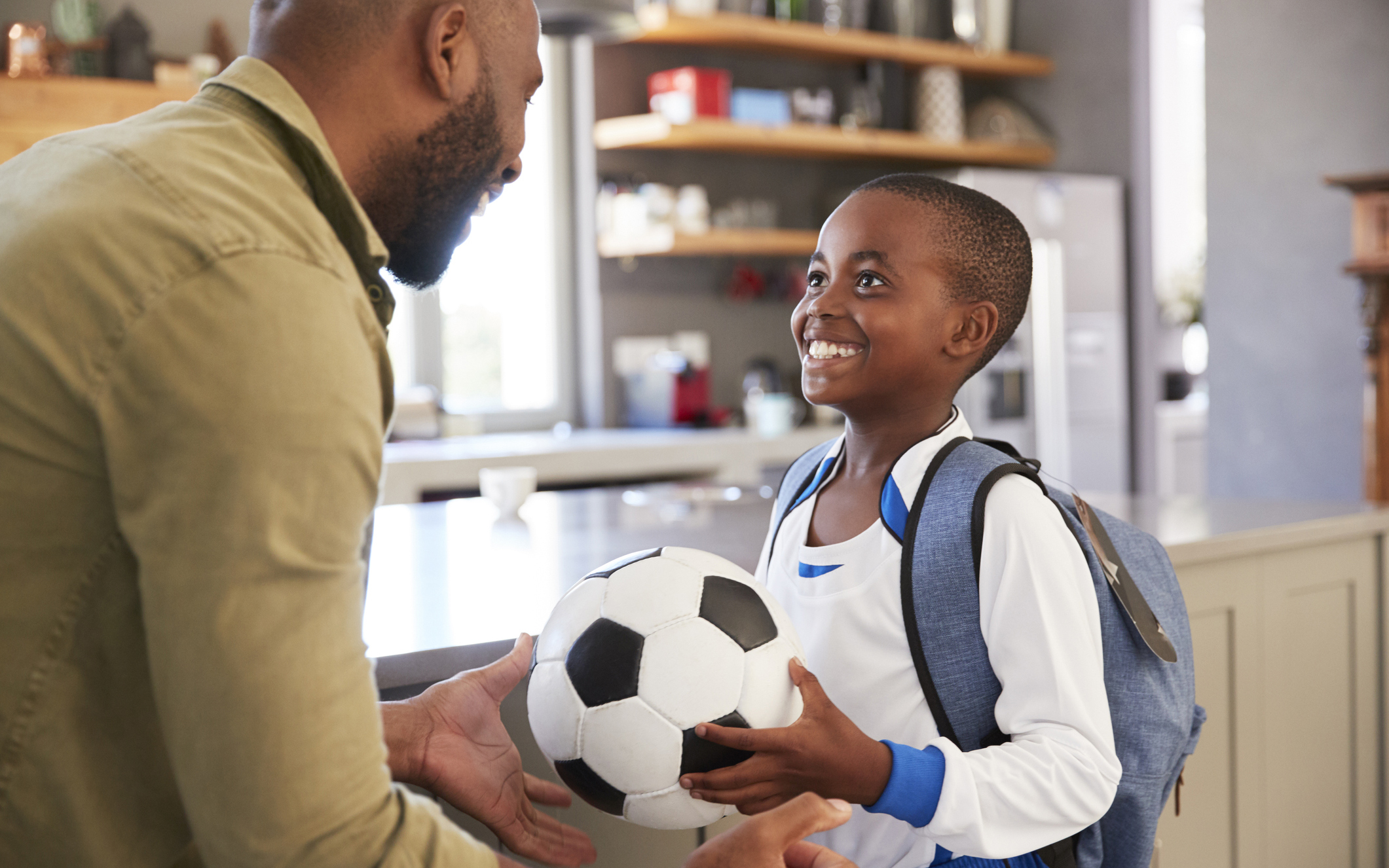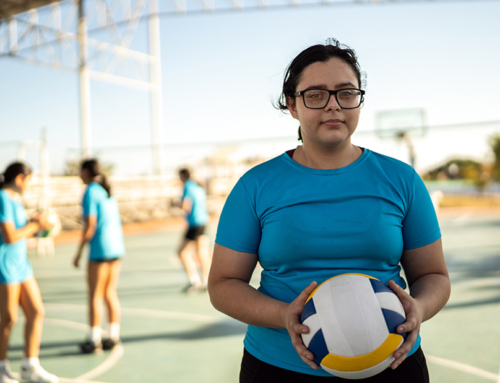
Parenting in youth sports has developed into a significant talking point in recent times. Unfortunately, most of this discussion centers on overbearing behavior which ultimately inhibits youth development instead of nurturing our youngsters to flourish. But what about the sport parents who do a sensational job in supporting their youngsters to fulfill their amazing potential? Call them the “high-performing parent” if you will. It’s important to note that the high-performing parent might not necessarily be linked to a high-performance environment. They are simply high performers in helping their kids succeed and enjoy sports in whatever environment they chose to participate.
Sport parent involvement is multidimensional consisting of both support and pressures. Support in this case is described as behaviors or comments offering praise and facilitating outcomes that are important to the child. This type of support is linked to elements such as enjoyment, enthusiasm, autonomy, and self-perception of sporting skills for the kid.
This article lists five behaviors that high-performing parents display to help their kids achieve their potential, regardless of their athletic level.
1. High-Performing Parents put the Child First—Always
Although it may be tempting to push your kid that extra yard or ask more of them in the name of sporting excellence, effective sports parents will always put the child first and the athlete second. Though sport and athletic identity are important parts of the child’s life, understanding parents will provide a more holistic approach to their youngsters’ personal growth and development. This ensures the kid has a chance to be just that: a kid.
The pressures of youth sports can often weigh heavily on our young people especially when it comes to securing contracts and scholarships. Parents who understand this best will support their sons and daughters to make the right decisions for the overall person and not just their athletic ambitions.
2. High-Performing Parents Say the Right Things on the Way Home
In their book The Talent Lab, Owen Slot, Simon Timson, and Chelsea Warr address the first parent-athlete interaction after a competition: the car ride home. The authors acknowledge this journey as a well-established problem between parents and youngsters. In the book they capture quotes from Mark Nicholls, who is Youth Racing Manager for the Royal Yachting Association. Nicholls states, “the sailor hasn’t done that well and you are in the car afterwards—what does the parent do? Nearly always the first question the parent asks is: “how did you do? Did you win?”
That’s about the least helpful thing. A lot of the time the parent will push the kid for information, but that’s often about what the parent needs. They need some sort of affirmation that they’ve spent their time and money wisely. But the kid’s needs are different: The kid needs to think through their racing, work it out in their own time.
3. High-Performing Parents are Involved but not Over-involved
When identifying the influences of parental involvement in youth sports Dr. Camilla Knight and colleagues noted that children place great importance on their parents’ involvement in sporting endeavors, and consequently parental involvement can influence children’s motivation, enjoyment, and long-term involvement in sports. Their study, which was published in 2016, also highlighted that if parents provide unconditional love, encouragement and praise, as well as other forms of emotional, tangible and informational support, they are likely to have a positive impact on children’s sport experiences, enjoyment and potential.
American soccer legend Mia Hamm describes the freedom her parents gave her to explore the game she eventually excelled at. “My parents really allowed soccer—and whatever I chose—to be my passion and not theirs,” Hamm said. “I heard one of my coaches say the best advice he can give to the parents is just be their parent.”
4. High-Performing Parents Provide the Tangibles and Intangibles
Studies have shown that young athletes appreciate parental support in various ways. Though the athlete appreciates the new training gear they also appreciate the arm around the shoulder when required. Star golfer Rickie Fowler encapsulated the sacrifices his parents made in an interview with USA Today. Fowler said, “I come from great stock, I didn’t come from money. My parents both worked really hard to keep food on the table and give my sister and me opportunities to play sports and see what we were good at. To see how hard they work is something that I will never forget.”
Many elite athletes quote similar experiences of their parents making sacrifices and offering the right level of intangible life lessons. High-Performing parents find a way to support their young athletes both financially and emotionally in order to follow their dreams.
5. High-Performing parents create a powerful motivational climate
Effective sports parents can play a role in creating a mastery climate for their young athletes. This type of environment views success in terms of self-improvement, task mastery, and exhibiting maximum effort and dedication. The researchers note that such a setting reinforces cooperation, learning and improvement, persistence in the face of setbacks, where athletes are proud of personal improvement and utilize adaptive achievement strategies.
Parents can have such a profound impact on athlete development. While coaches, athletes, and sports scientists have many opportunities to learn and develop, parents rarely receive support and guidance on how they can be the best sporting parents possible. An opportunity exists to provide a greater level of education and learning around this topic to ensure every parent has the opportunity to be a high-performing one.
Original article posted on stack.com



